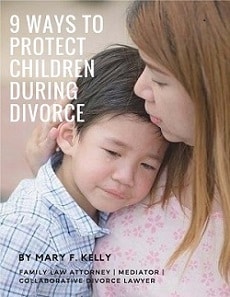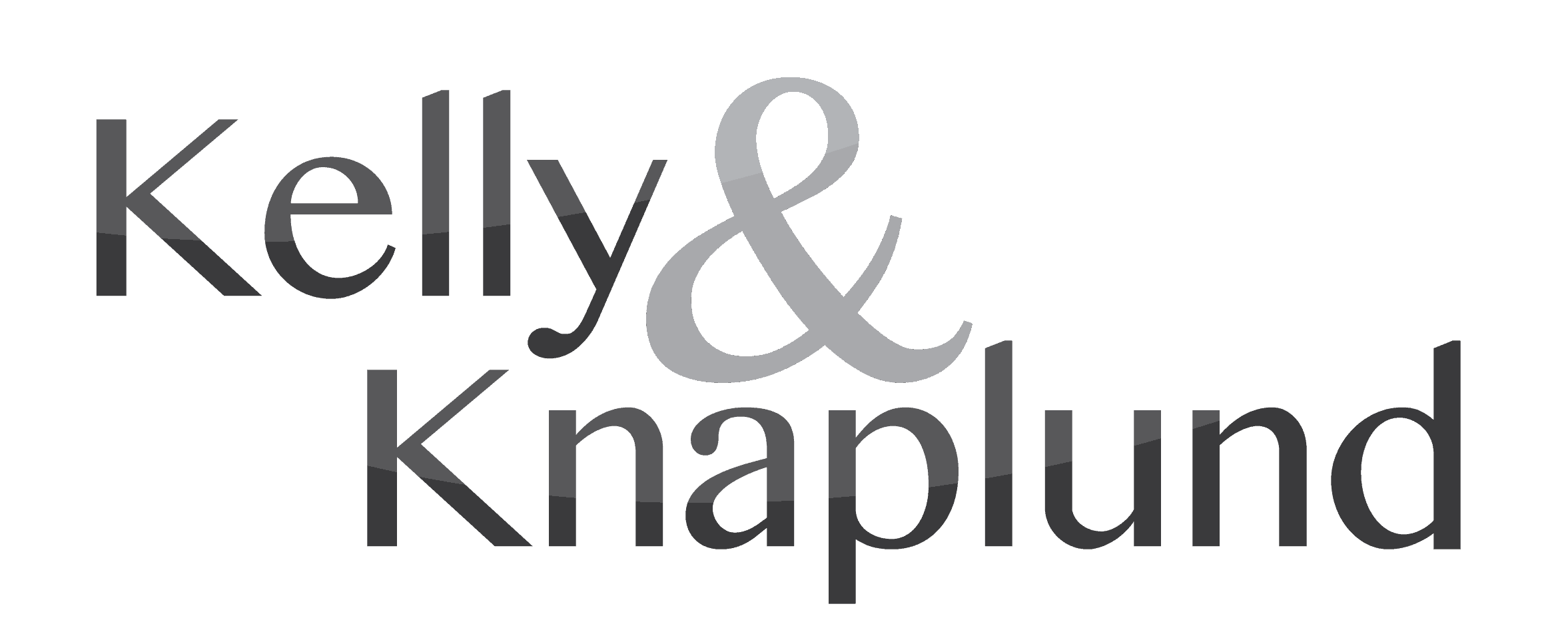
It’s vital to put a plan in place and tap into resources to help you get through any complications.
The better prepared you are, the easier it will be to get through the challenges that an
Alzheimer’s diagnosis brings.
One in 10 people over the age of 65 suffer from Alzheimer’s according to the Alzheimer
Association, and another victim joins their ranks every 65 seconds. These are sobering facts
that should encourage planning financially for long-term care. There are ways to pay for care,
but not generally without some preparation. Here are a few suggestions from Kelly & Knaplund.
Services
During the early stages of the disease, the most expensive types of facilities aren’t always
necessary as patients can get the level of care they require from home health aides, who visit
patients to administer medication, change bandages and check vital signs under the supervision
of a registered nurse. This is not cheap, however, costing as much as $45,000 per year, notes
USA Today. As Alzheimer’s progresses, so does the likelihood that more intensive care
becomes necessary, and that generally means an assisted living facility or nursing home, which
can be significantly more expensive.
Medicare
Though Medicare doesn’t cover long-term care, only stays at a nursing home of less than 100
days, there are some benefits for Alzheimer’s patients. They include coverage for annual
wellness visits, diagnostic testing if requested by a physician, along with home health services
and even caregiver training for family members in some states. Medicaid, on the other hand,
offers more significant coverage but only for those below a certain income threshold.
Other Government Aid
There are other programs available to help patients pay their medical bills, including for long-
term care. Information is available from area agencies on aging as well as state departments of
health and human services. Some locales even offer funding specifically for those who suffer
from Alzheimer’s such as Alaska Alzheimer’s Disease and Related Dementias mini-grants.
Insurance
There are policies specifically for long-term care, though you may not qualify with a pre-existing
condition, and you’ll get the best rates if you apply in your mid-50s. Don’t fret if it’s too late for
you as you can also tap into your life insurance plan via a living benefits rider, which pays out
your death benefit early to pay for medical care. As a last resort, you could sell your policy via a
third-party broker.
Savings
You’ve heard of 401(k) plans and IRAs, but recently financially investors have begun touting the
benefits of Health Savings Accounts, which are designed to pay for medical treatment, including
long-term care. They’re tax-advantaged but only available to those who are already enrolled in a
high-deductible health plan, with a limit on contributions that you or your employers make each
month.
Navigating insurance and finances while taking care of a loved one who is in need of special
care can be too much to handle. You need an expert in your corner, and you may need one
more than you know. If you need guardianship or power of attorney, contact an elder law
specialist.
Reverse Mortgages
There are different kinds of mortgages. Reverse mortgages allow you to tap into your home’s
equity and collect payments from your lender rather than the other way around when you were
buying the property. This essentially frees up cash so you can use the money on other projects,
such as making the home more accessible for people with Alzheimer’s.
Downsizing and the Rental Option
You could always sell your house and buy a smaller one, using the difference to pay for long-
term medical care. Downsizing allows seniors to maintain their independence, especially if
some of the profits from the previous property are used for home modifications. And keep in
mind that renting an apartment is also a popular downsizing option. This affords residents the
freedom of not having to pay for normal costs associated with home ownership, such as
property taxes and maintenance. It’s important to do your research to see what’s available in the
area; for example, 16 apartments are currently available for rent in White Plains at a range of
prices and sizes.
Downsizing seniors can save substantially, but they will also need to consider the cost of
moving. Whether moving furniture into their new place, a storage facility, or a family member’s
home, they’ll likely need to hire furniture removal services. Before choosing to work with a
moving company, it’s a good idea to explore reviews and feedback from previous customers.
Contact Charities
People all over the country are helping Alzheimer’s patients by donating their time and money to
numerous organizations that are there to help you. One of the largest and most well-known is
the Alzheimer’s Association, which provides information and support to patients and caregivers
alike. You’ll find similar resources via the Alzheimer’s Family Services center.
Image by Pixabay



